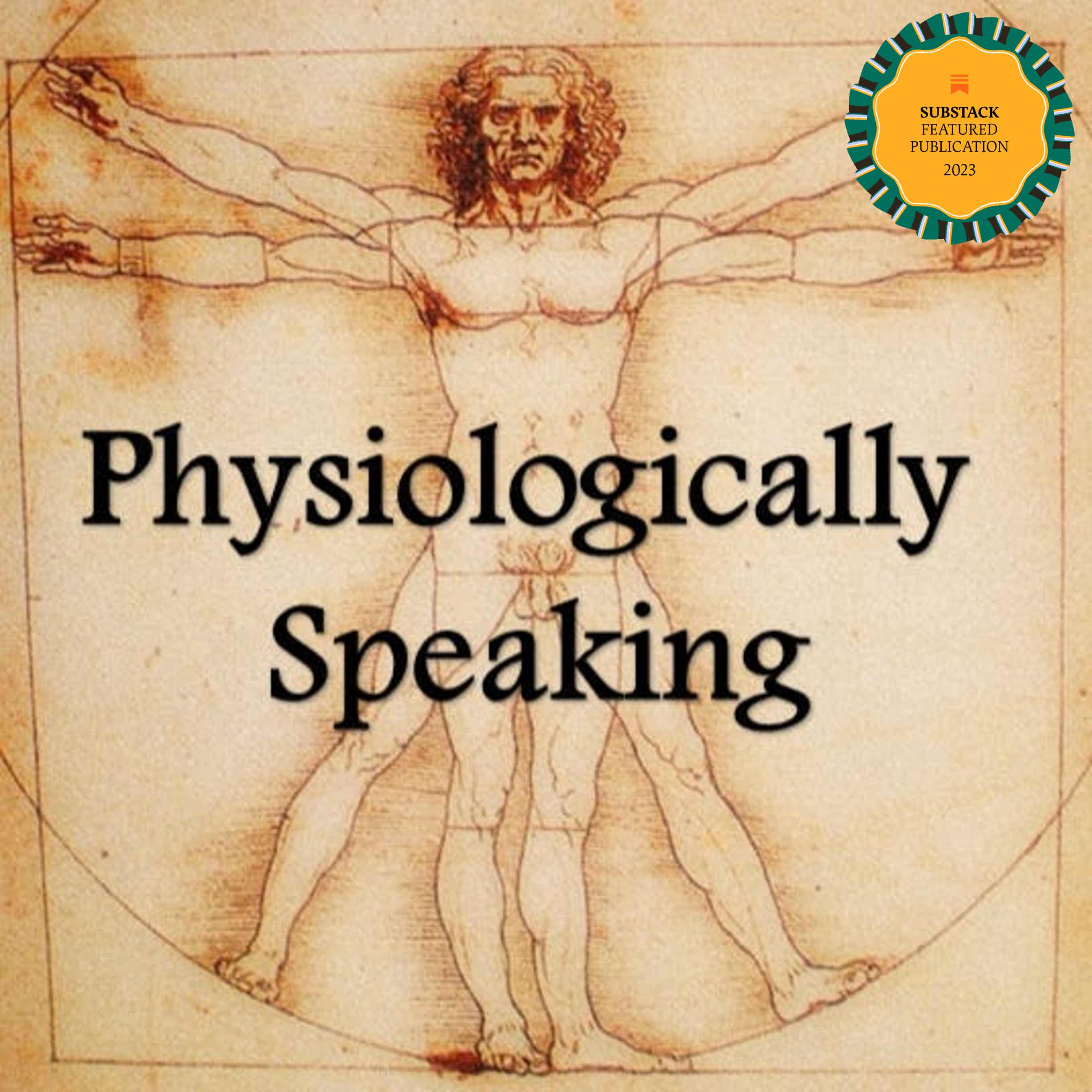Physiology Friday #212: How Nighttime Alcohol Disrupts Normal Sleep Architecture
Description
Greetings!
Welcome to the Physiology Friday newsletter.
ICYMI
On Monday, I posted a video interview that I recorded with Aidan Chariton from Shortcut U. We discuss the importance of endurance training and other things related to human health and performance.
On Wednesday, I posted my “7 Rules for Health.”
Details about the sponsors of this newsletter including Examine.com and my book “VO2 Max Essentials” can be found at the end of the post!
Physiologically Speaking is a reader-supported publication. To receive new posts and support my work, consider becoming a free or paid subscriber.
"Drink, sir, is a great provoker of three things… nose-painting, sleep, and urine. Lechery, sir, it provokes, and unprovokes; it provokes the desire, but it takes away the performance." – 'Macbeth' (1606) act 2, scene. 3, l. [28]
It’s clear that Shakespeare recognized alcohol’s role as an intoxicant, a somnogen, and a diuretic.
Though alcohol may be a “provoker” of good spirits and whimsy for a short while, its “unprovoking” effects on sleep are well known to most.
I’m not a teetotaler, but I recognize the harmful effects of alcohol abuse. Some people enjoy a few drinks on occasional while others wish to abstain. I support both decisions.
One often-cited reason for alcohol consumption is as a sleep aid — nearly 20% of adults in the United States say that they use alcohol for this purpose.
There’s one problem with this strategy. Although alcohol may help you fall asleep (it’s a depressant after all), it impairs your ability to stay asleep and worsens the quality of your sleep.
I’ve written on this subject before. Alcohol can elevate body temperature and heart rate, reduce heart-rate variability (HRV), and disrupt the regulation of our autonomic nervous system during sleep, all of which reduce the restorative quality of sleep.
In higher quantities, alcohol disrupts the normal architecture of our sleep — architecture referring to the time we spend in the various sleep stages (i.e., light sleep, rapid eye movement or REM, slow-wave sleep/deep sleep).
Alcohol also appears to cause more fragmented sleep, characterized by more wakefulness throughout the night. This may be due to the alcohol-induced increase in body temperature, an increased need to urinate owing to alcohol’s diuretic effect, apneic episodes during sleep (when we stop breathing), and the so-called “rebound effect” that occurs when alcohol is metabolized, which leads to wakefulness due to blood glucose fluctuations, dehydration, and digestive discomfort.
All of these effects are well known to occur when alcohol is consumed in close proximity (e.g., 3 hours or less) to sleep and happen in a dose-dependent fashion. The more you drink and the closer to bedtime you drink, the more you disrupt your sleep.
What is less well-understood is how (or if) alcohol’s effects on sleep persist, worsen, or diminish over consecutive nights of alcohol consumption. Does our brain and body “habituate” to repeated drinking episodes or is it a downward spiral until we abstain?
It’s also not known if the effects of alcohol on sleep architecture are consistent throughout the night. In other words, does alcohol affect sleep stages differently a few hours after bedtime compared to in the middle of your sleep period?
These questions were investigated in a new study published in the aptly named journal Sleep.
A total of 30 participants completed the study (15 men and 15 women with an average age of 33), none of whom had Alcohol Use Disorder but all of whom reported a moderate drinking habit (9–12 standard drinks per week for women and 12–15 standard drinks per week for men). An important consideration given that people who don’t drink or who drink “too much” might have different responses to alcohol consumption.
The participants completed two 3-night experimental conditions in a random order. A washout period of 4 nights separated each condition.
In on
More Episodes
Published 09/04/24
Greetings!
David Roche is a decorated trail runner, coach, and co-founder of SWAP Running. He's a two-time national champion and a three-time Team USA member, and he recently set the course record at the Leadville 100 trail run with a time of 15 hours, 26 minutes, 34 seconds.
David and his wife,...
Published 09/04/24
Greetings friends!
In this interview, I sit down with Christina Smith, the Associate Director of Athlete Relations for the Enhanced Games.
Per the Enhanced Games website:
“The Enhanced Games are a celebration of the union of athletic excellence and scientific achievement.The Enhanced Movement...
Published 08/29/24


